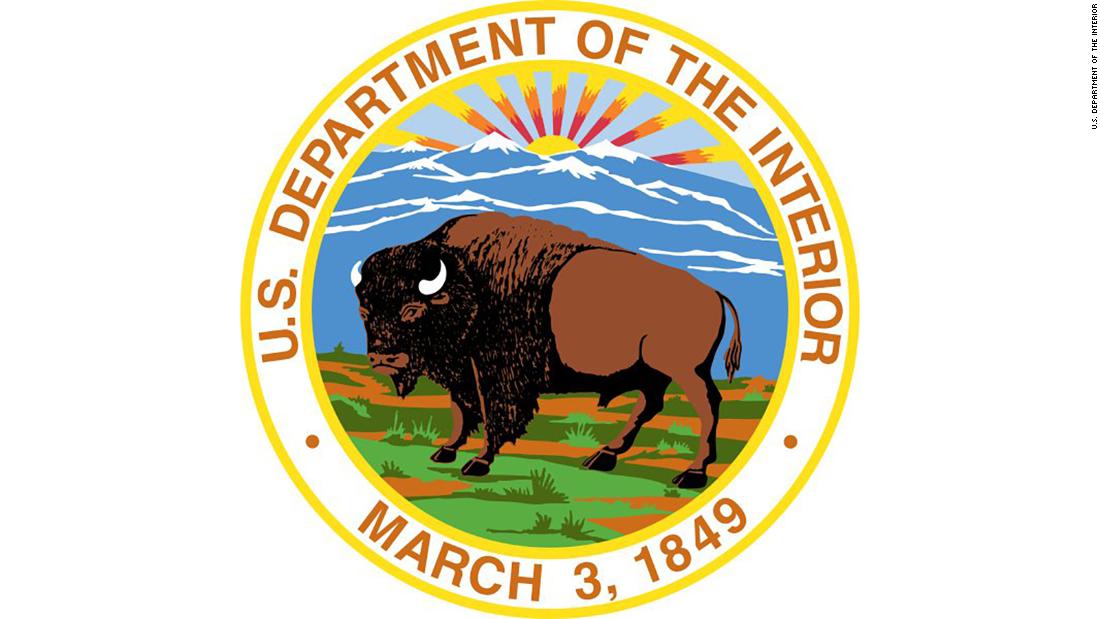
- Details
- By Native News Online Staff
WASHINGTON—The Office of the Assistant Secretary for Indian Affairs announced on Monday a publication that provides revisions to two regulations that apply to Tribes regarding land into trust and gaming compacts.
The Department of Interior says the updated regulations will provide more transparent and efficient processes for Tribes to place their lands into trust or enter gaming compacts.
“The Biden-Harris administration promised to make it easier for Tribes to place land into trust, and that’s what we’re doing,” Assistant Secretary Bryan Newland said in a statement. “Taking land into trust on behalf of Tribes is critical for Tribal sovereignty, self-determination, preservation of history and culture, economic development, the well-being of Tribal citizens, and to help right the wrongs of past policy. The federal government has a treaty and trust responsibility to protect tribal sovereignty and revitalize Tribal communities by strengthening their homelands and economic self-sufficiency through a timely and efficient process for taking land into trust and providing clarity on Class III gaming compact negotiations.
“We look forward to additional feedback from Tribes as we finalize these amendments.”
The DOI said that the publication is not final and will conduct further consultations with federally recognized Tribes. The publication is a result of talks earlier this year with Tribes.
Early in Deb Haaland’s tenure as Secretary of Interior, she proposed changes to improve the land in trust process. In April 2021, she issued a memorandum that redirects the authority of the land into trust process to the Bureau of Indian Affairs (BIA) regional directors. Since 2017, the BIA’s headquarters staff in Washington has reviewed the land-in-trust process.
According to the DOI, fee-to-trust land acquisitions, also called “land-into-trust,” transfer a land title to the federal government to be held in trust for the benefit of an individual or Tribe. Acquisition of land in trust is essential to Tribal self-determination and will help maximize the Tribe’s eligibility for federal services and programs.
The proposed changes to language on Indian gaming are in regard to the review and approval of Tribal-state gaming compacts.
Want more Native News? Get the free daily newsletter today.
The proposed regulations were announced during the 2022 White House Tribal Nations Summit in Washington. Indian Gaming remains one of the most significant sources of Tribal economic development in Indian Country. The changes would provide more clarity on the criteria the DOI would consider when deciding whether to approve compacts by clarifying boundaries as to allowable topics of negotiation, better defining key terms, and clearly outlining when the Department must review a gaming compact.
DOI will conduct two virtual Tribal consultation sessions and one in-person Tribal consultation session to obtain further Tribal input on these proposed regulations. The consultation sessions will be open to Tribal leadership and representatives of federally recognized Indian Tribes and Alaska Native Corporations. The Department is simultaneously holding consultations on these changes to maximize convenience for Tribal leaders.
The Department will also accept written comments from the public. If you would like to provide written comments, please email them to [email protected] by 11:59 p.m. EST on Wednesday, March 1, 2023.
More Stories Like This
50 Years of Self-Determination: How a Landmark Act Empowered Tribal Sovereignty and Transformed Federal-Tribal Relations“Our Sovereignty Is Not Optional”: Tulalip Responds to ICE Actions
Denied Trip to Alcatraz, Leonard Peltier Tells Sunrise Gathering: “My Heart Is Full”
‘Meet your prayer halfway’ | Women-Led Bison Harvests Bring Tribal Food Sovereignty
San Manuel Tribe Reclaims Ancestral Name, Faces Vandalism on Holiday
Help us defend tribal sovereignty.
At Native News Online, our mission is rooted in telling the stories that strengthen sovereignty and uplift Indigenous voices — not just at year’s end, but every single day.
Because of your generosity last year, we were able to keep our reporters on the ground in tribal communities, at national gatherings and in the halls of Congress — covering the issues that matter most to Indian Country: sovereignty, culture, education, health and economic opportunity.
That support sustained us through a tough year in 2025. Now, as we look to the year ahead, we need your help right now to ensure warrior journalism remains strong — reporting that defends tribal sovereignty, amplifies Native truth, and holds power accountable.
 The stakes couldn't be higher. Your support keeps Native voices heard, Native stories told and Native sovereignty defended.
The stakes couldn't be higher. Your support keeps Native voices heard, Native stories told and Native sovereignty defended.
Stand with Warrior Journalism today.
Levi Rickert (Potawatomi), Editor & Publisher

